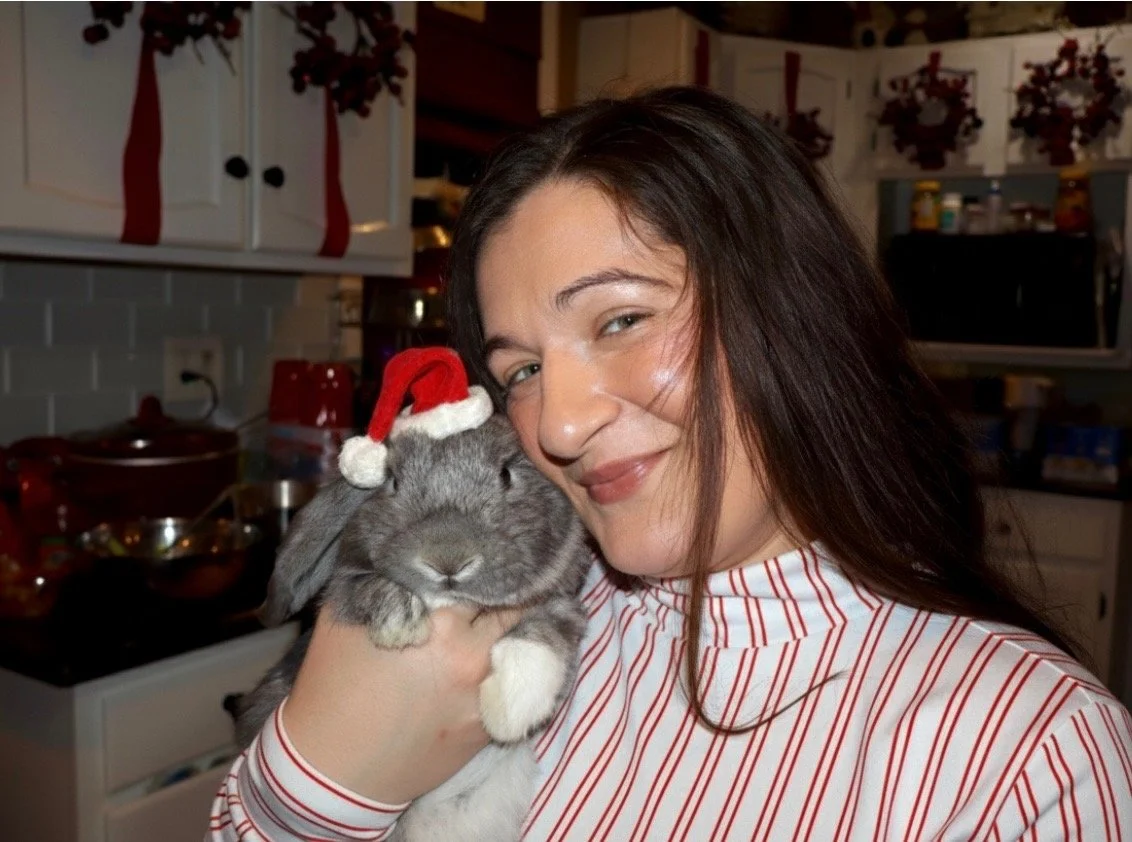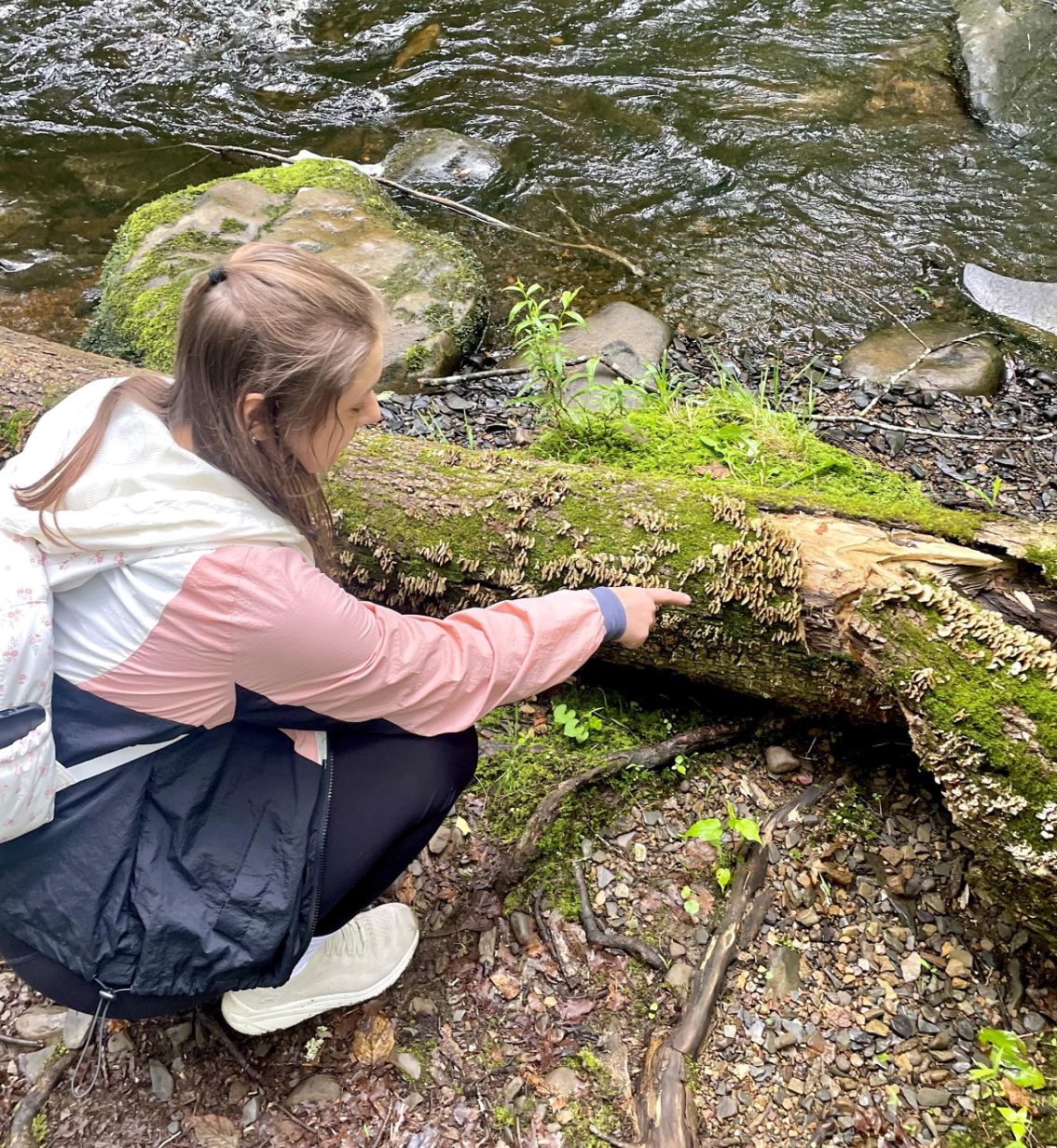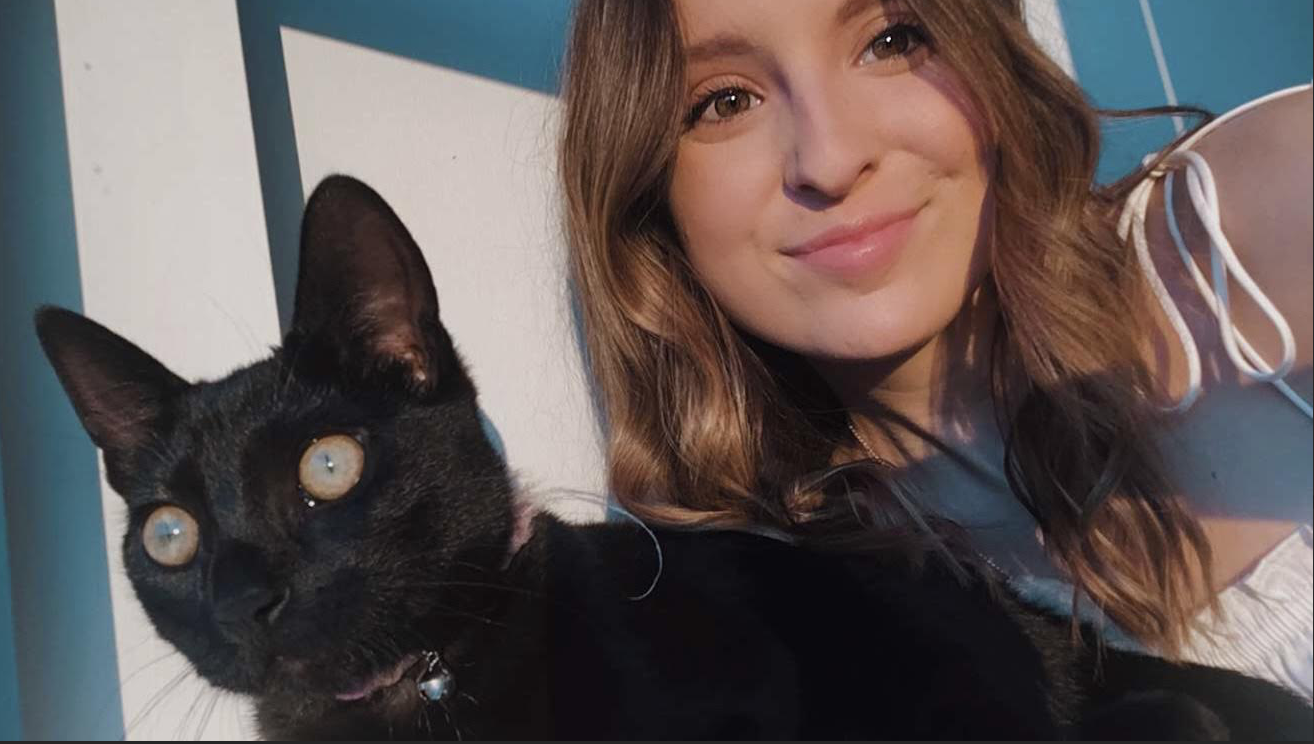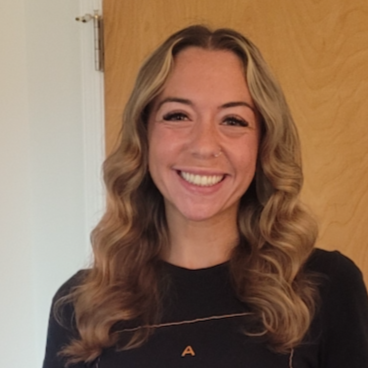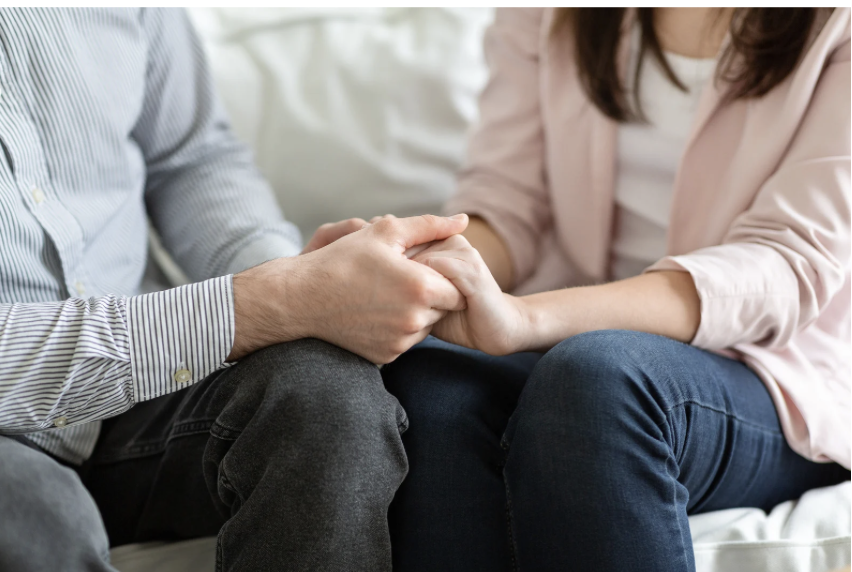How did you sleep last night? Did you get the sleep that you needed?
If the answer is not very good, or no, know that you are not alone! In a world that can be fast-paced and hyperproductive, we often forget that sleep is a basic need. Approximately one third of adults in the United States receive insufficient sleep, which equates to less than 7 hrs/night.
Renowned therapist Pia Mellody has written extensively on the core practices that are essential for being a healthy, functioning adult. It can be helpful to look at the five core practices when reflecting on our goals for therapy.
Read MoreIsabell Han is a therapist in our Center City location, where she works with adult individuals, adolescents, and couples. Isabell approaches therapy as a space for reflection, healing, and meaningful growth…one where clients can better understand their stories, navigate life’s challenges, and move toward a more connected and grounded sense of self.
Read MoreOne partner wants to talk—now. The other feels overwhelmed, flooded, or unable to find words.
What often follows is a couple’s typical cycle: one partner pursues connection while the other retreats. This is known as the pursue-withdraw cycle, and it often ends with both partners feeling misunderstood, frustrated, and lonely.
I recently had the opportunity to sit down with Francesca to learn more about what shapes her work, what brings her comfort outside the therapy room, and what clients can expect when working with her.
Read MoreHave you ever stopped and asked yourself what you value in life? Values are what we deem as personally significant. I like to think about values as toppings on a pizza, for example. Some of us may value pepperoni and cheese, while others may value mushrooms and peppers. The combination of our values is key. Let’s dive a bit deeper…
Read MoreAlicia Steinmetz, MA, NCC brings a grounded, relational presence to her work as a therapist at A Better Life. Learn more about Alicia in and out of the office through this interview with Elizabeth Earnshaw.
Read MoreJulia Cash, MFT is a therapist in our Main Line office in Ardmore, Pennsylvania. She works with adult individuals, couples, families, and adolescents, and specializes in sexual and relational trauma. Through this work she helps people process and navigate wounds from childhood related to family and attachment, their sexual relationships, identity development, anxiety, and grief and loss. Read more about Julia in her interview with Elizabeth Earnshaw, LMFT
Read MoreA common theme that clients express is a feeling of inadequacy when sticking to a routine or having discipline. The word discipline can be heavy- from what I have learned in my experience with client’s, discipline can be culturally defined as strict, unforgiving, and punishing.
Read MoreSarah Palmer, MS is a therapist in our Galloway, NJ office at A Better Life Therapy. She works with individuals, couples, and adolescents, and specializes in relationship challenges, grief and loss, sexuality, trauma, depression, and life transitions. Learn more about Sarah in this interview style article.
Read MoreMost couples don’t seek intensive therapy because they want to rush the process.
They seek it because they feel like they don’t have enough time for weekly couples therapy. Perhaps, they have busy schedules which haven’t allowed them to consistently commit to weekly therapy or maybe their issues feel so heavy and challenging that they need some sort of relief sooner rather than later.
The holiday season is often described as joyful—but for many people, it’s also a time of overwhelm, over stimulation, and emotional pressure.
Read MoreWe all know that feeling once the clocks turn back, thankful for the extra hour of sleep, but suddenly it’s dark before most of us even leave work! The crisp fall breeze quickly turns into what feels like the arctic tundra, and with that shift many of us notice changes in our mood, energy, and motivation.
Read MoreCommunication is one of the pillars of a relationship, and the way we communicate can either bring us closer together or push us apart. When it comes to conflict, it is inevitable in any relationship. However, what separates the ‘relationship masters’ from the ‘relationship disasters’ is the way in which they manage it.
Read MoreSexual fulfillment plays a vital role in enhancing relationships by fostering warmth, emotional intimacy, and desire. Sometimes, one or both partners may experience reduced sexual satisfaction or a lack of desire, which can impact their connection.
Read MoreAt some point, many of us feel uncertain or stuck in our careers. Maybe you're questioning your current path, or unsure of where to even start.
Read MoreHave you ever found yourself in an argument where your partner suddenly goes quiet, avoids eye contact, or leaves the room? Or maybe you’re the one who feels overwhelmed and senses yourself shutting down. This is called emotional withdrawal, and it’s one of the most common patterns we see in relationships.
Read MoreWe tend to think of grief as black and white. Someone sadly passes away, and those who loved them mourn their loss. Though, there are other kinds of grief that live in the grey of the losses we don’t always recognize as such.
Read More




